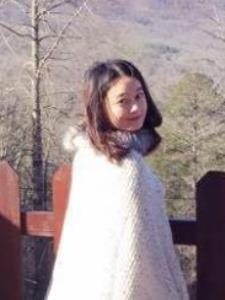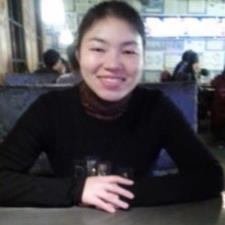
Jun C. answered • 04/10/20
Accurate and standard accent, experienced Chinese teacher
A.用在句子中间,1、一个动作在另外一个动作之前发生。(1)以前我常常吃了晚饭去图书馆。现在我常常吃了晚饭去散步。(2)明天我吃了早饭去找你。
2、(过去发生的事情)完成(1)我买了一本书。(2)我看见了他。(3)昨天他丢了钱包,很不开心。
A. In the middle of the sentence, 1. One action occurs before the other. (1) I used to go to the library after supper. Now I often go for a walk after supper. (2) I'll see you tomorrow after breakfast.
2. (what happened in the past) finish (1) I bought a book. (2) I saw him. (3) He lost his wallet yesterday and was very unhappy.
B.用在句末,1、事态发生变化,对另外事态有影响。(1)他去图书馆了,不在宿舍。(2)以前他不喜欢游泳,现在喜欢了。(3)他受伤了,不能比赛了。2、事态将发生变化。(1)如果你不去,我也不去了。(2)明年九月,我就二十二岁了。
B. At the end of the sentence, 1. The situation changes, which has an impact on other situations. (1) He went to the library, not the dormitory. (2) He didn't like swimming before, but now he does.(3) He's injured and can't play.2.Things will change. (1) If you don't go, I won't either. (2) I'll be twenty-two next September.





